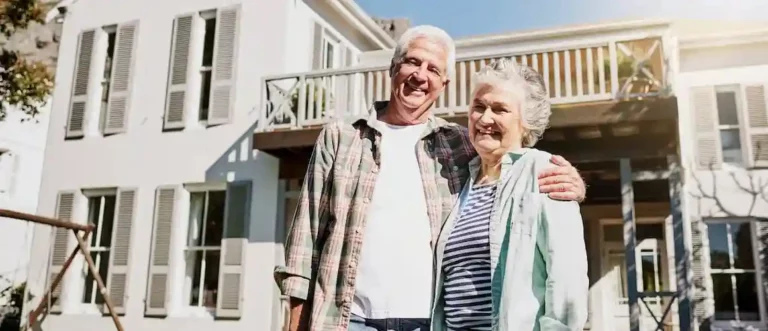In the aftermath of serving their country with honor and dedication, many military veterans find themselves facing a new set of challenges upon returning to civilian life. One of the most pressing concerns is securing stable and affordable housing. Recognizing the sacrifices made by these heroes, various programs and initiatives have been established to provide veteran housing assistance. This article explores the importance of such initiatives, the challenges veterans may encounter in securing housing, and the ongoing efforts to ensure that those who are served are not left without a home.
The Struggles of Transition:
Transitioning from military service to civilian life is a monumental shift that brings its own set of hurdles. For many veterans, finding a place to call home becomes a daunting task. Factors such as post-traumatic stress disorder (PTSD), physical disabilities, and the lack of a steady income during the transition period contribute to the complexity of this challenge. The sudden shift from a structured military environment to the uncertainties of civilian life can be overwhelming, making it essential to provide targeted support for housing.
Unemployment and Financial Strain:
One of the primary barriers to stable housing for veterans is unemployment or underemployment. Some veterans struggle to find civilian jobs that match their skill sets or face difficulty adjusting to a new work environment. The financial strain that often accompanies this period can lead to housing instability or even homelessness. Recognizing this issue, veteran housing assistance programs aim not only to provide shelter but also to address the underlying economic challenges veterans face.
The Role of Government Initiatives:
The U.S. government has implemented several initiatives to address veteran housing needs. The Department of Veterans Affairs (VA) administers programs such as the Supportive Services for Veteran Families (SSVF) and the Veterans Affairs Supportive Housing (VASH) program. The SSVF program focuses on preventing homelessness by offering financial assistance, while the VASH program combines housing vouchers with comprehensive support services, targeting veterans experiencing homelessness.
Nonprofit Organizations Making a Difference:
Complementing government efforts, numerous nonprofit organizations are dedicated to supporting veterans in their quest for stable housing. Organizations like Habitat for Humanity, Veterans Matter, and Operation Homefront work tirelessly to build affordable housing, provide rental assistance, and offer support services to veterans and their families. These organizations play a crucial role in bridging the gaps left by government programs and addressing the diverse needs of veterans across the nation.
The Unique Challenges of Homeless Veterans:
While progress has been made in reducing veteran homelessness, a significant number still find themselves without a place to live. Homeless veterans face unique challenges, including mental health issues, substance abuse, and the difficulty of navigating the social services system. The complexity of these challenges requires a multifaceted approach that combines housing solutions with mental health services, addiction treatment, and job placement assistance.
Innovative Solutions for Affordable Housing:
In addition to traditional housing assistance programs, innovative solutions are emerging to provide affordable housing options for veterans. Tiny home communities, for example, are gaining traction as a cost-effective and sustainable housing solution. These communities offer not only shelter but also a sense of community and support that can be invaluable for veterans readjusting to civilian life.
Addressing Mental Health:
Recognizing the impact of mental health on housing stability, there is a growing emphasis on integrating mental health services into veteran housing assistance programs. The invisible wounds of war, such as PTSD and traumatic brain injuries, can contribute to housing instability. Initiatives that provide counseling, therapy, and peer support help address these challenges, promoting the overall well-being of veterans and increasing the likelihood of successful housing transitions.
The Importance of Public Awareness:
While various programs and organizations are actively working to assist veterans in securing housing, public awareness remains crucial. Many veterans may be unaware of the resources available to them, and communities play a vital role in disseminating information and fostering support networks. By raising awareness about veteran housing assistance programs, individuals and communities can contribute to the collective effort of ensuring that those who served are not left behind.
Conclusion:
Ensuring housing stability for veterans is a moral imperative that requires collaboration between government agencies, nonprofit organizations, and the public. The transition from military service to civilian life is a challenging journey, and stable housing serves as a foundational element for veterans to rebuild their lives. By continuing to invest in veteran housing assistance programs, addressing the unique challenges faced by homeless veterans, and promoting public awareness, society can honor the service and sacrifice of those who have bravely defended their nation. In the pursuit of a home for heroes, we strengthen the bonds that connect us all and contribute to a more compassionate and supportive society.
